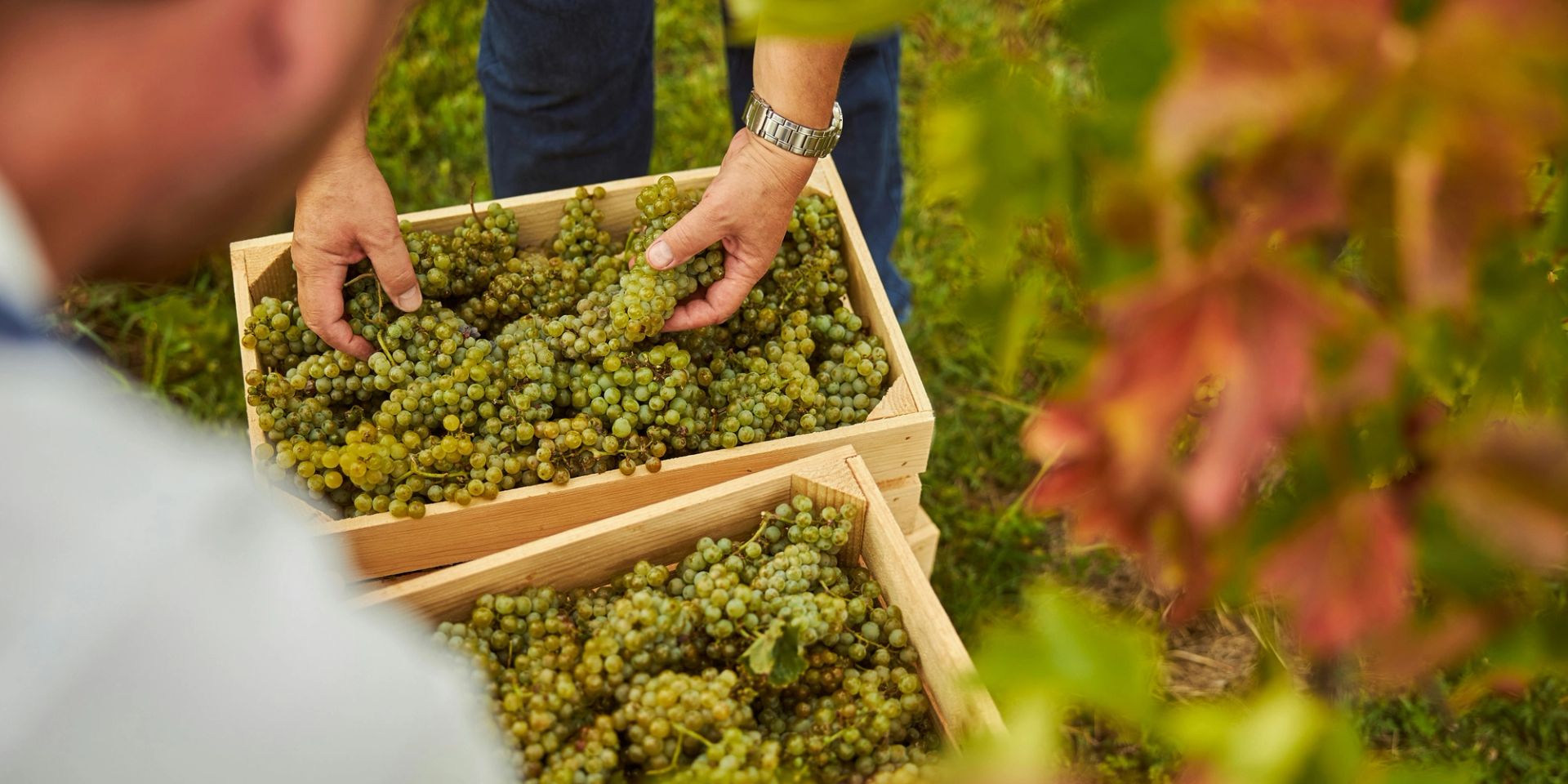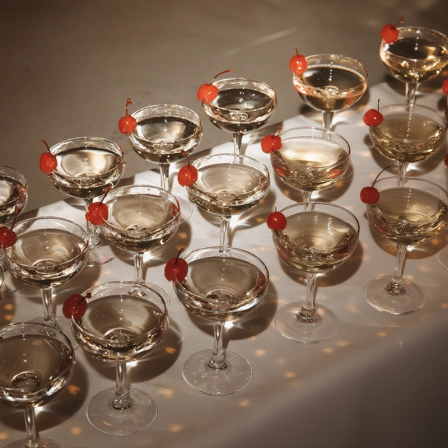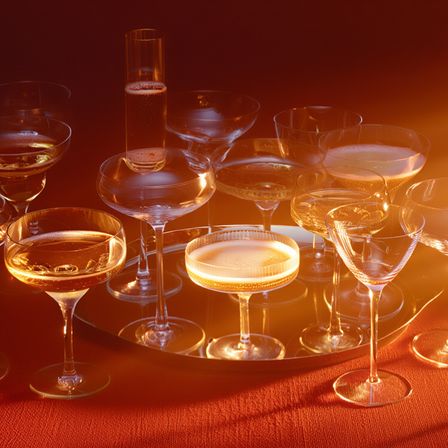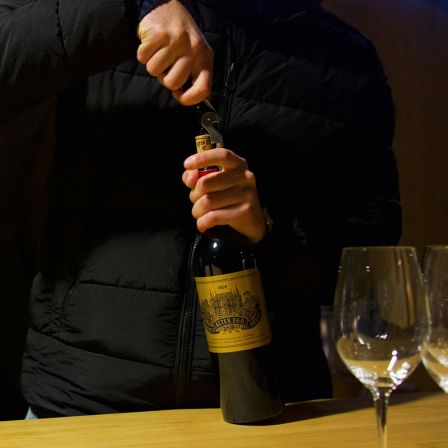- Advice
Isn’t all wine natural? The myths and misconceptions of the natural wine world
Plus: the five natural wines to try today
- Words By Tom Gilbey

And here we go with opening Pandora’s box. Perhaps the most contentious issue to touch on, and one that might even spark a touch of controversy: the question of natural wine.
Like much in the world of wine, this subset is fabulously confusing from the outset. If you ask five wine experts what natural wine is you’ll invariably get five entirely different answers. There’s no regulation of these wines and no clear categorisation and, as you’d expect, there are different styles of natural wine which are very, very different from one another. But here’s my attempt at summing the whole thing up as simply as possible.
Natural wine making emulates ‘by mistake’ wine-making. It’s a minimal intervention process that allow everything (particularly the fermentation) to happen naturally — as it would do if grapes somehow jumped into a vat directly from the vineyard and got a bit squashed along the way. It’s been gathering favour since the late 1980’s and 1990’s, particularly in France, and it hit London with a bang on the opening of Terroir in 2009.
Terroir was a super cool wine bar in East Dulwich and then later in Trafalgar Square.
‘The natty wine bug’ then spread like wildfire to East London, and from there it hit pretty much every corner of our island. Today, you can even find natural wine in Aldi.
The two biggest things to remember about natural wine is that it doesn't use any Sulphur Dioxide (SO2), and that it only uses natural yeasts in its fermentation. Now we’re not going to get too technical here, but SO2 is probably the biggest and most essential tool a modern day winemaker has at their disposal, and natural yeasts are notoriously badly behaved — they often die before the whole job is done, leaving a load of unfermented sugar. What’s more, they love kicking out some funky (some might say ‘faulty’) aromas and flavours. So, in short, if you’re playing the natural winemaking game, you’ve got to be properly good at it.
A short word on SO2 and yeast, as this can get very confusing. SO2 occurs naturally — think erupting volcanos — and yes, we humans can make it too. It’s allowed in organic winemaking, so there’s a strong case for arguing that it’s natural.
As an aside, there’s more SO2 in most salads and dried fruit than in most wines.
Yeasts are natural too, though many winemakers use strong commercial yeasts that are designed to eat sugar hungrily. Natural winemakers use yeasts that occur naturally in the vineyard and actually live on the grape skins themselves.
Which means, in short, that most organic and biodynamic wine could rightly be described as ‘natural.’ But it still couldn’t really be called ‘natural wine’. That’s because growers of these organic and biodynamic wines get involved wherever and whenever necessary, using products classified as organic (copper sulphate, eggs and other animal products) to control the winemaking. Natural winemakers, on the other hand, allow the wine to make itself without intervening at all, because, they argue, it’s the truest way to express their terroir.
So santé to them and I urge you to go and find out more for yourself. The best way to do that, of course, it to try as many as possible. And I can thoroughly recommend the following to start with.
Come on in the Chablis lovely, Your new home of drinks.
Stay up to date with all the latest from House Of Decant.




